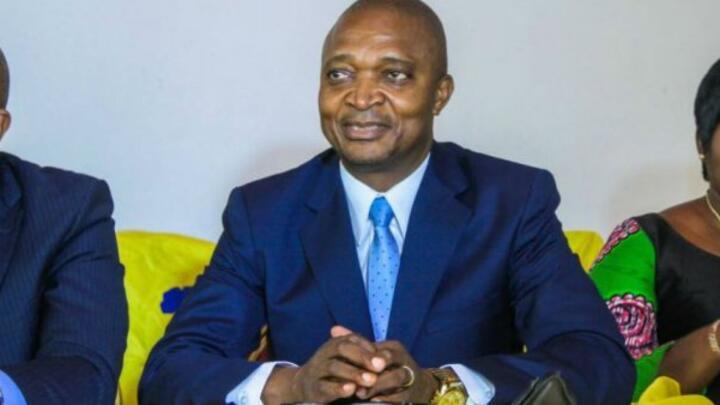
The recent expansion of BRICS, the loosely affiliated group of emerging economies, has raised concerns in Washington about a growing threat to US dominance in the global financial system.
While the inclusion of new members like Argentina and Saudi Arabia attracted headlines, it’s the de-dollarization agenda of BRICS, particularly its potential influence in North Africa, that should truly alarm US policymakers.
BRICS’ De-Dollarization Push
At the heart of BRICS’ agenda lies the ambition to reduce reliance on the US dollar as the world’s reserve currency.
This “de-dollarization” effort aims to create a multipolar financial system, lessening US influence over global trade and finance.
BRICS envisions achieving this through promoting alternative currencies, including a basket of its members’ currencies known as the “R5” or through the development of a multilateral central bank digital currency (CBDC).
North Africa: A Strategic Battleground
North Africa presents a fertile ground for BRICS’ de-dollarization ambitions.
Egypt, a newly inducted BRICS member, is already exploring alternatives to the dollar, issuing yuan-denominated bonds and considering renminbi and rupee purchases. This trend extends beyond Egypt, with countries like Algeria and Tunisia showing interest in BRICS’ vision.
The Trade Bloc Connection
BRICS’ influence in North Africa is further amplified by its presence in existing regional trade agreements.
The original five BRICS members are all key players in regional blocs, creating a network that encompasses over 90 countries.
This network provides a natural platform for promoting the R5 or a multilateral CBDC, potentially leading to a domino effect of de-dollarization within these trade groupings.
US Policy Challenges
The US faces several challenges in countering BRICS’ de-dollarization effort.
First, a comprehensive, whole-of-government approach is lacking. Efforts to address de-dollarization are fragmented across various agencies, hindering a unified response.
Second, the US lacks clear legislative frameworks to counter alternative currency initiatives. Finally, the sheer size and economic power of BRICS, combined with its growing influence in strategic regions like North Africa, poses a formidable challenge for US dominance.




